The Weekend Australian book reviews, December 2016
I reviewed 10 books for The Weekend Australian in 2016. Most of them were very good, but my review of the book I enjoyed most – published in August – is included in full below.
Track Changes: A Literary History of Word Processing by Matthew G. Kirschenbaum
In this outstanding book, Matthew G. Kirschenbaum decodes the relationship writers have had with word processing technology since the literary world began to shift from typewriters to the personal computer. If this subject matter sounds dry, happily it is anything but in the pages of Track Changes. Kirschenbaum, associate professor of English at the University of Maryland, takes on the topic with depth and an accessible prose style. The result should have broad appeal to a general readership and be of special interest to writers, for there is much here to excite the literary-minded.
Kirschenbaum opens by referencing one of the pop cultural touchstones of our time: Game of Thrones — or, more specifically, A Song of Ice and Fire, the fantasy novels by American author George RR Martin on which the popular television series is based. As he told a talk show host in 2014, Martin chooses to write his books on a DOS-era computer with no internet connection, using an ancient program called WordStar. Describing this combination as his “secret weapon”, owing to its lack of distraction and isolation from any threat of a computer virus, the author also credits WordStar with his long-running productivity.
By opening with the work habits of a megaselling author and then travelling back in time, chapter by chapter, to the emerging typewriter-based storage technology of the late 1960s, Kirschenbaum eases the reader into a dazzlingly rich and absorbing history. It is fascinating to note the reluctance with which computer-based word processing was first viewed by the publishing industry. Some writers were so wary of being outed as early adopters that they chose not to disclose their new toys to their employers, or even went to the lengths of having their finished manuscripts rewritten using typewriters before submission.
Although screen size and small memory capacities caused early concerns and frustrations, it was not long before science-fiction writers, in particular, thrilled to the ability to gain greater control over their text, as well as being freed from the tedium of retyping work. Kirschenbaum quotes a Harvard physicist who came to a realisation in the early 80s: “We all knew computers were coming, but what astonishes us is it’s not the scientists but the word people who have taken them up first.”
Once bestselling writers such as Stephen King, Isaac Asimov and Terry Pratchett adopted word processors and publicly noted the significant improvements in their productivity, it seemed there would be no turning back. As the technology matured, computers and their inner workings became a source of inspiration for writers, too: the likes of William Gibson’s Neuromancer, which popularised the word ‘‘cyberspace’’, for example.
Track Changes is based on five years of research and the author’s academic bent can be seen in the 80 pages of detailed notes that follow the narrative text, but never in the prose itself. This is a remarkable achievement. For a project that seems geared toward stuffiness, Kirschenbaum’s writing sparkles with well-chosen anecdotes and a keen sense of humour.
His enthusiasm for the topic is palpable. After a section profiling thriller author James Patterson, whose occasional media nickname is ‘‘The Word Processor’’ — owing to his prodigious output, produced alongside a half-dozen close collaborators — he wonders what type of technology The Word Processor himself runs. “Surely it must be a mighty one!” Kirschenbaum suggests, before revealing the answer: “He works his stacks of manuscripts longhand. How perfect is that?”
For the author, this subject is intertwined with his own experiences as a writer, naturally enough. It is dedicated to his parents, “who brought home an Apple”, and he notes in the preface that the book itself was written “mostly in [Microsoft] Word, on a couple of small, lightweight laptops”. The book is named for the incredibly helpful feature in Word that allows readers to see the revision history and minute variations between different versions of documents during the editing process. The origin of this feature is only addressed directly in the final chapter, where Kirschenbaum also writes:
“Writers live with and within their word processors, and thus with and within the system’s logics and constraints — these themselves become part of the daily lived experience of the writers’ working hours, as predictable and proximate as the squeak of a chair or that certain shaft of sunlight that makes its way across the room.”
As that illustrates, the author has a way with words, not just an appreciation for how they are processed. The final paragraph is a thing of immense beauty, too, and may bring a tear to the eye of anyone who has sat and watched as fingertip pressure applied to a keyboard instantly became words processed on a screen.
I also reviewed the below books for The Weekend Australian in 2016. They are listed in chronological order, with the publication date noted in brackets.
- Game Changers: From Minecraft to Misogyny, The Fight for the Future of Videogames by Dan Golding and Leena van Deventer (April)
- How I Met My Son: A Story of Love That Transcends Gender by Yolanda Bogert (April)
- The Ice Age: A Journey Into Crystal-Meth Addiction by Luke Williams (May)
- The Geography Of Madness: Penis Thieves, Voodoo Death and the Search for the World’s Strangest Syndromes by Frank Bures (May)
- We’re All Going To Die by Leah Kaminsky (June)
- Wasted: A Story of Alcohol, Grief and a Death in Brisbane by Elspeth Muir (July)
- Ghost Empire by Richard Fidler (August)
- Goodwood by Holly Throsby (October)
- The Fence by Meredith Jaffe (October)
- Timekeepers: How The World Became Obsessed With Time by Simon Garfield (December)
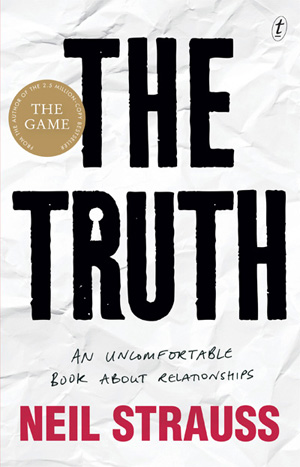

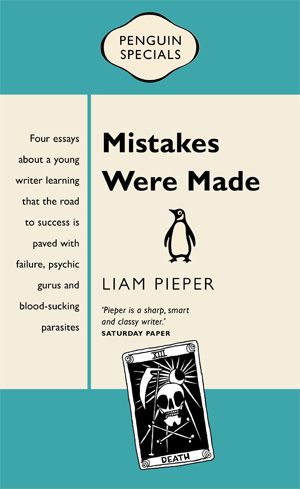
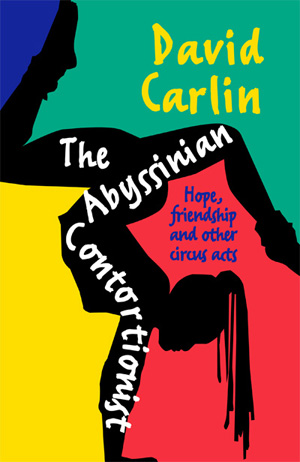

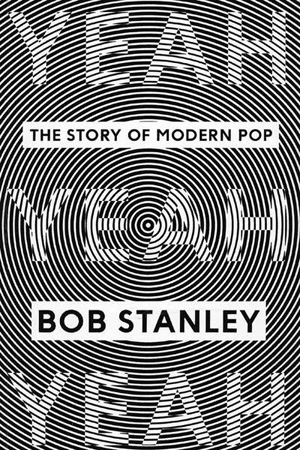
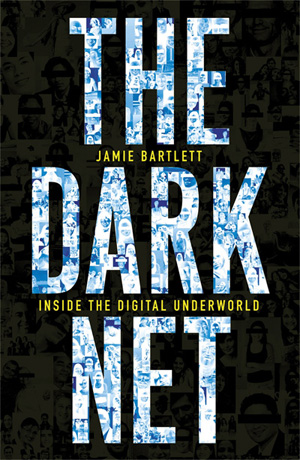
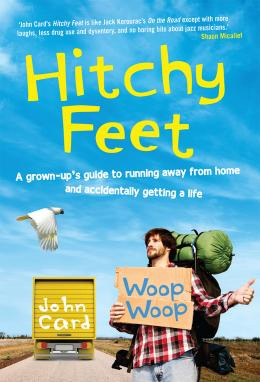 A travel memoir based on the author’s experience of hitchhiking around Australia in the late 2000s, Hitchy Feet introduces us to John Card, a Victorian high school science teacher who tires of the classroom and seeks adventure.
A travel memoir based on the author’s experience of hitchhiking around Australia in the late 2000s, Hitchy Feet introduces us to John Card, a Victorian high school science teacher who tires of the classroom and seeks adventure. In contrast, readers know exactly what they’re getting from Luke Ryan’s debut book. The 29 year-old author was unlucky enough to have been diagnosed with cancer twice, at the age of 11 and 22. A Funny Thing Happened on the Way to Chemo centres on of the grimmest periods of the Melbourne-based writer’s life.
In contrast, readers know exactly what they’re getting from Luke Ryan’s debut book. The 29 year-old author was unlucky enough to have been diagnosed with cancer twice, at the age of 11 and 22. A Funny Thing Happened on the Way to Chemo centres on of the grimmest periods of the Melbourne-based writer’s life. Scottish-born journalist Jill Stark was a health reporter with a blind spot: despite writing about Australia’s binge-drinking culture for The Age newspaper, she would regularly drink to excess, as she’d done since her teens.
Scottish-born journalist Jill Stark was a health reporter with a blind spot: despite writing about Australia’s binge-drinking culture for The Age newspaper, she would regularly drink to excess, as she’d done since her teens.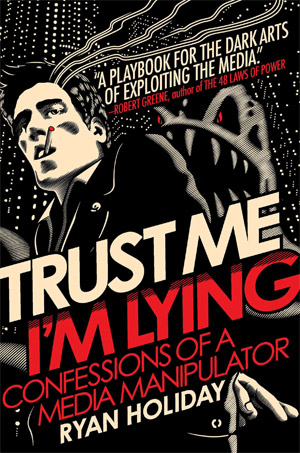 It’s a frank admission from the marketing director of Los Angeles-based clothing company American Apparel, and one that sets the tone for an explosive insight into new media manipulation.
It’s a frank admission from the marketing director of Los Angeles-based clothing company American Apparel, and one that sets the tone for an explosive insight into new media manipulation.